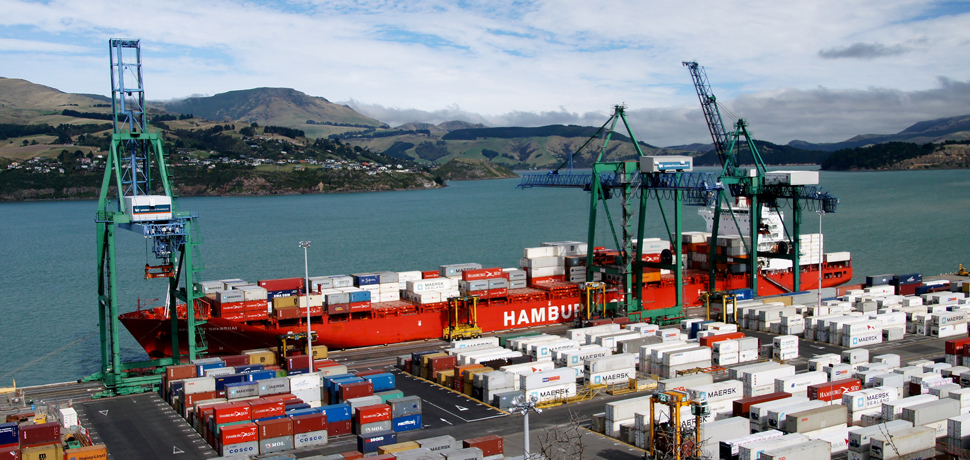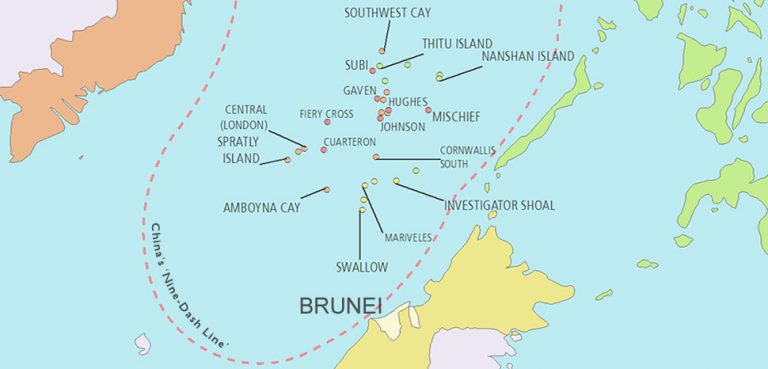On 8 April, Malaysia and Singapore suspended the implementation of overlapping port limit claims in the Johor Strait, in a move to de-escalate a maritime border dispute which for the past six months has threatened to damage ties between the two Southeast Asian neighbors. The row has been indicative of revived tensions in bilateral relations since veteran Malaysian Prime Minister Mahathir Mohamad returned to power in Kuala Lumpur after a shock election victory a year ago. Disputes have also arisen over the control of airspace, a long-standing water supply agreement, and a high-speed railway project.
While tensions in the maritime realm have eased and both sides have agreed to enter into a dialogue process to delineate the sea border, the dispute itself remains unresolved and could flare up again in the future. Another round of hostility between Malaysia and Singapore would cause great concern to major trading nations, reliant on the free movement of shipping in the vital sea lanes upon which the two countries sit and exercise control. What caused the sudden flare up of the simmering dispute in late 2018? And with tensions receding across the Johor Strait, what are the prospects for resolution?




